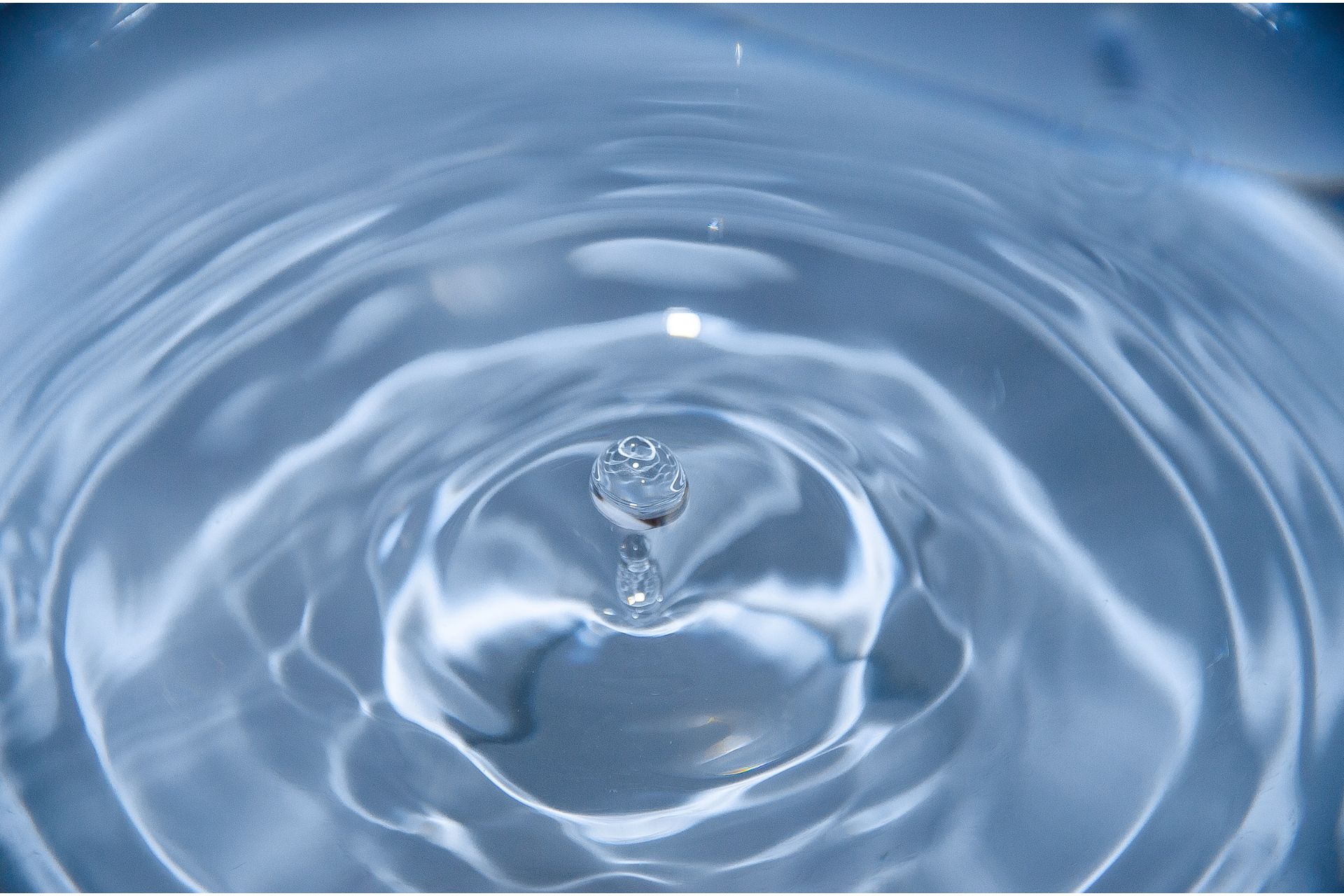
7 Most Common Minerals in Water
We are reader-supported. When you buy through links on our site, we may earn affiliate commission.
Like most people, you know how important it is to stay hydrated throughout the day.
Most drinking water contains significant amounts of nutrients called minerals. Water filtration systems typically remove contaminants and minerals from water, but purified water with minerals is often better for drinking.
What are some of the most common minerals in water? What types of water have minerals and what is mineral water? Take a deeper look at minerals to learn more about the water you drink daily.
What are Minerals?
According to the National Library of Medicine, minerals are naturally occurring substances on earth that help our bodies develop and function properly.
Not all water contains minerals, but it’s well established that high amounts of minerals promote good health in humans. Minerals are also found in many foods, such as cereals, bread, fish, milk, meat, dairy products, fruits and vegetables.
Two Types of Minerals
Minerals are also in many foods, such as cereals, bread, fish, milk, meat, dairy products, fruits and vegetables. Our bodies need more of some specific minerals than others. For example, we need more calcium and magnesium than zinc and copper.
Here are the two primary types of minerals:
- Macrominerals: Humans need more of these minerals. Examples include sodium, potassium, sulfur, magnesium and calcium.
- Trace minerals: Humans can get by with smaller amounts of trace minerals. Examples include cobalt, zinc, manganese and iodine.
You cannot see or taste minerals in water, but that doesn’t mean they’re not in the water you drink! Water is chock-full of various minerals to keep you healthy.
This is one main reason why so many health professionals encourage people to drink more water during the day. Whether you drink bottled water, tap water or alkaline water, 60% of your body consists of water, making it an essential part of your health.
Potential Health Benefits of Minerals in Water
Various minerals in water ‚— such as the common ones listed below, have positive health impacts on humans. For example, minerals are essential because they can:
- Flush out toxins
- Regulate body temperature
- Improve circulation and digestion
- Maintain good blood pressure
- Regulates nerve function
- Lower the risk of cardiovascular disease
Most types of potable water contain minerals to help you maintain your health.
7 Common Minerals in Water
Here are seven of the most common minerals found in water and brief descriptions of each.
1. Calcium
Calcium is known for building strong bones and teeth but is also critical for your digestive system. People with a calcium deficiency are more likely to suffer from bone fractures or breaks, as the mineral does not strengthen their bones. Additionally, calcium fosters healthy levels of cholesterol and blood pressure and boosts the effects of other minerals in the body.
2. Potassium
Potassium is often associated with bananas, one of the most popular fruits. The mineral is considered an electrolyte that works in conjunction with sodium to achieve a balance of fluid in our cells. Potassium helps the heart function properly and even contributes to muscle contraction and relaxation.
3. Sodium
According to the U.S. Food and Drug Administration (FDA), small amounts of sodium help the body function, but too much sodium can harm your health. High sodium levels in the body increase the risk of developing high blood pressure, which can cause a stroke or heart disease. Consider adding low- or no-sodium foods into your diet to keep your levels balanced.
4. Magnesium
Another mineral in water is magnesium. It contributes to the functioning of the nervous system and other important biological functions. Around 50% of people suffer from magnesium deficiencies, which can lead to depression, type 2 diabetes and high blood pressure.
5. Fluoride
Depending on where you live, fluoride might be in your drinking water. Fluoride is a mineral that helps maintain your dental health and prevent tooth decay. There’s some debate over whether fluoride should be in drinking water. However, data suggests drinking fluoride water daily is healthy and safe.
6. Copper
Copper is commonly found in water. It helps create red blood cells, maintains healthy blood vessels, nerves and bones and supports your immune system. Several issues can arise if you have a copper deficiency, such as anemia, skin paleness, neurological problems and muscle weakness. The average adult needs around two to three milligrams of copper per day.
7. Zinc
Zinc is responsible for promoting protein and DNA production, which helps the regeneration, growth and development of cells in the body. Additionally, zinc helps keep your skin glowing and youthful. Zinc can help your body fight off viruses and other essential immune functions.
Other minerals found in water include iron, bicarbonate and sulfur.
It’s not recommended to drink water with high levels of sulfur, as it can cause stomach pain and nausea. If your home’s water source has too much sulfur, it often smells like rotten eggs. Consider testing the quality of your water if you suspect imbalances in its mineral content.
Healthy Mineral Waters to Consider Drinking
Not all water is the same, meaning each bottle may contain different levels or types of minerals. If you want to drink water with the necessary amounts and kinds of minerals, take a look at the following brands:
- FIJI
- S. Pellegrino
- Perrier
- Hildon
- Vichy Catalan
- Roi
- Iskilde
- blk.
One 2017 study suggests that drinking natural mineral water is a “valid choice in everyday life,” as it satisfies the body’s need for water and offers health benefits.
One main reason it’s so important to drink water with minerals is that our bodies do not naturally produce them. Drinking mineral water allows you to maintain optimal health and avoid taking supplements.
Keep in mind — too much of a good thing can be bad. Consuming too many minerals can harm the body, so ensure you strike a balance between not enough minerals and too many.
Understanding Minerals in Water and Their Health Benefits
Hopefully, you feel confident about the common types of minerals found in water and how they can benefit your health. Mineral water might not be as affordable as purified or filtered water, but it can make a positive difference in how you feel daily. Consider drinking mineral water and see if any changes occur.
Share on
Like what you read? Join other Environment.co readers!
Get the latest updates on our planet by subscribing to the Environment.co newsletter!
About the author
Steve Russell
Steve is the Managing Editor of Environment.co and regularly contributes articles related to wildlife, biodiversity, and recycling. His passions include wildlife photography and bird watching.





